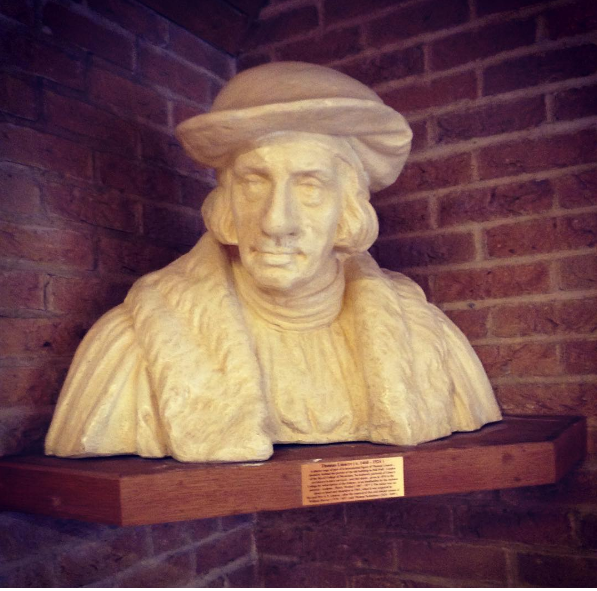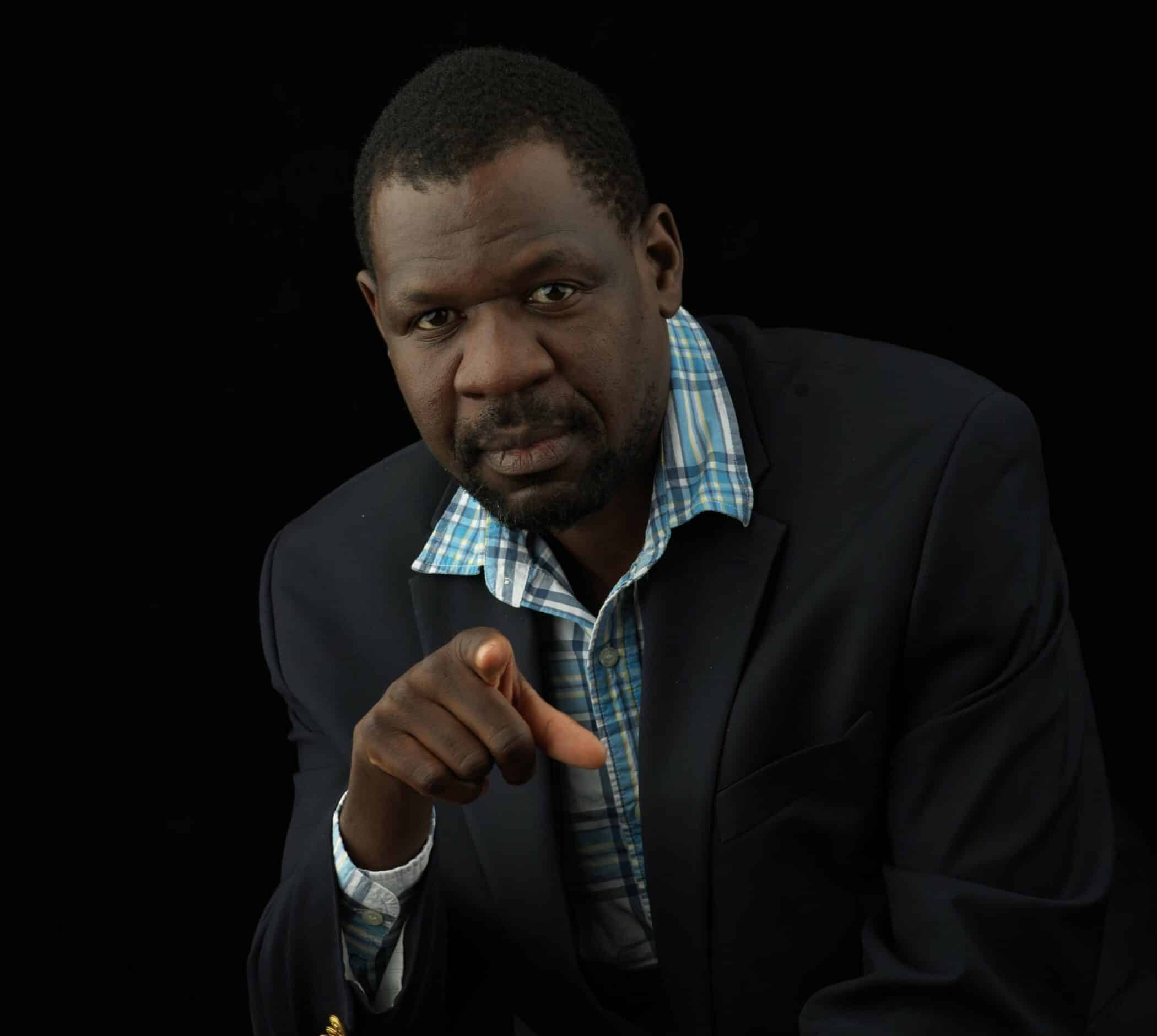20th October 2016 marks the 492nd anniversary of the death of Thomas Linacre, whom the College is named after.
He was a true Renaissance man, being a classicist, medical doctor, and priest; Linacre members today continue this tradition of representing a variety of academic areas.
“Thomas Linacre was born in Canterbury in about 1460. He entered All Souls College, Oxford in 1480 and distinguished himself in Greek. He then studied in Rome, gaining a knowledge of Greek and Latin which made him one of the foremost humanistic scholars of his time. He also studied medicine at Vicenza, receiving his medical degree at Padua. Ten years later, back in England, Linacre became physician to King Henry VIII and regular attendant to many of the most prominent people in the country. He was also the close friend of Sir Thomas More and Erasmus. After 11 years as a physician, Thomas Linacre resigned to become a priest.
He devoted the fortune from his medical practice to the foundation of chairs in Greek medicine at Oxford and Cambridge University and to the establishment of the Royal College of Physicians. After Linacre obtained his charter for the College, no one except a regular physician could practice in and around London.”
“In private life he had an utter detestation of every thing that was dishonourable; he was a faithful friend, and was valued and beloved by all ranks in life. He showed a remarkable kindness to young students in his profession; and those whom he found distinguished for ingenuity, modesty, learning, good manners, or a desire to excel, he assisted with his advice, his interest and his purse.
In short….he was, in his own time, reckoned by the best judges a man of a bright genius and a clear understanding, as well as of unusual knowledge in different parts of learning; and his works….. will fully satisfy us that he deserved this character. He was one, who, both living and dead, by his writings and benefactions, has done great honour not only to his profession but also to his country.”
We are proud to be named after such a prominent figure in British history, and that our College continues to reflects Thomas Linacre’s breadth of learning in its own multi-disciplinary purpose and ideals.
Extracts above from: Johnson, John Noble, The Life of Thomas Linacre (Edward Lumley) London, 1835


















